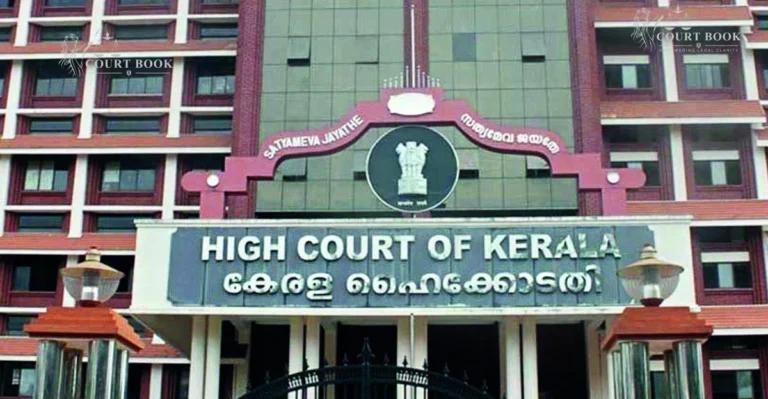The Kerala High Court has made a significant ruling regarding the Employees' Pension Scheme (EPS), stating that the Employees' Provident Fund Organisation (EPFO) cannot reject a higher pension claim solely because the employer contributed in bulk rather than on a monthly basis.
"The petitioners and the 4th respondent having complied with the requirements under the said paragraph, and the Employees Provident Fund Organisation accepted the contributions, the 2nd respondent cannot deny the petitioner the benefit of the higher pension… It is declared that the petitioners are entitled to get higher pension on actual wages."
Read also: Kerala High Court Sentences Five RSS Workers to Life Imprisonment in JDU Leader Deepak's Murder Case
This observation was made by Justice Murali Purushothaman while disposing of two writ petitions — WP(C) Nos. 1932/2025 and 40261/2024 — filed by former employees of the Thiruvananthapuram Regional Co-operative Milk Producers Union Ltd. (TCMPU), a part of Milma.
Background of the Case
The petitioners retired between 2020 and 2022 after working for TCMPU. While they and their employer initially contributed to the EPF based on actual salaries, at one point, contributions were restricted to the statutory wage ceiling due to government directives.
Later, when litigation ensued, the High Court allowed the employer to deposit the excess contribution amount (beyond the wage ceiling) in a separate nationalized bank account along with 9% interest. Once the legal situation cleared, the employer remitted these amounts in bulk to the EPFO for the periods April 2004–October 2006 and October 2007–February 2008.
Despite these actions, EPFO rejected the claim for higher pension, stating that the contributions were not made monthly and didn't align with each wage month. Instead, they were deposited later as lump sums in November 2006 and March 2008.
The EPFO, through orders such as Ext. P15 and P18, contended that the contributions were not valid under paragraph 26(6) of the EPF Scheme, 1952, because they were not remitted month-wise. EPFO also argued that the bulk payments could not be matched to specific wage months and thus were treated as arrears for the months they were credited.
However, this reasoning was rejected by the Court.
- Court Criticism of EPFO:
The Court observed that EPFO passed orders without referring to critical employer communications like Ext. P12 and without examining their own records. - Employer’s Action Backed by Law:
It was confirmed that the employer made all necessary remittances, including interest and administrative charges, and provided month-wise breakup statements (Ext. R4(c)). - Court's Clarity on Paragraph 26(6):
Paragraph 26(6) allows employees and employers to contribute based on actual salaries above the statutory wage ceiling. Since contributions were made under this clause and accepted by EPFO, the rejection of higher pension was not valid.
"Admittedly, the Employees Provident Fund Organisation has received contributions from both employees and employer under Para 26(6) of the EPF Scheme, 1952, for the period 2004–2005 to 2007–2008."
The High Court quashed the rejection orders (Ext. P15 and Ext. P18) and declared that:
“The petitioners are entitled to get higher pension on actual wages. The respondents 2 and 3 are directed to take consequential steps to disburse higher pension to the petitioners based on the split-up data submitted by the 4th respondent within three months.”
Furthermore, it clarified that the ruling would not prevent EPFO from taking action against the employer under the Employees' Provident Funds and Miscellaneous Provisions Act, 1952, if deemed necessary.
The Court directed the EPFO to give higher pension to the petitioners within 3 months.
Counsel for the Petitioners: Advocates P. N. Mohanan, C. P. Sabari, Amrutha Suresh, Gilroy Rozario
Counsel for the Respondents: Advocates Nita N. S., (SC) Latha Anand (SC) T. C. Krishna (DSGI)
Case No: WP(C) 1932 of 2025
Case Title: Gopinathan Pillai M. & Others v Union of India and Others














